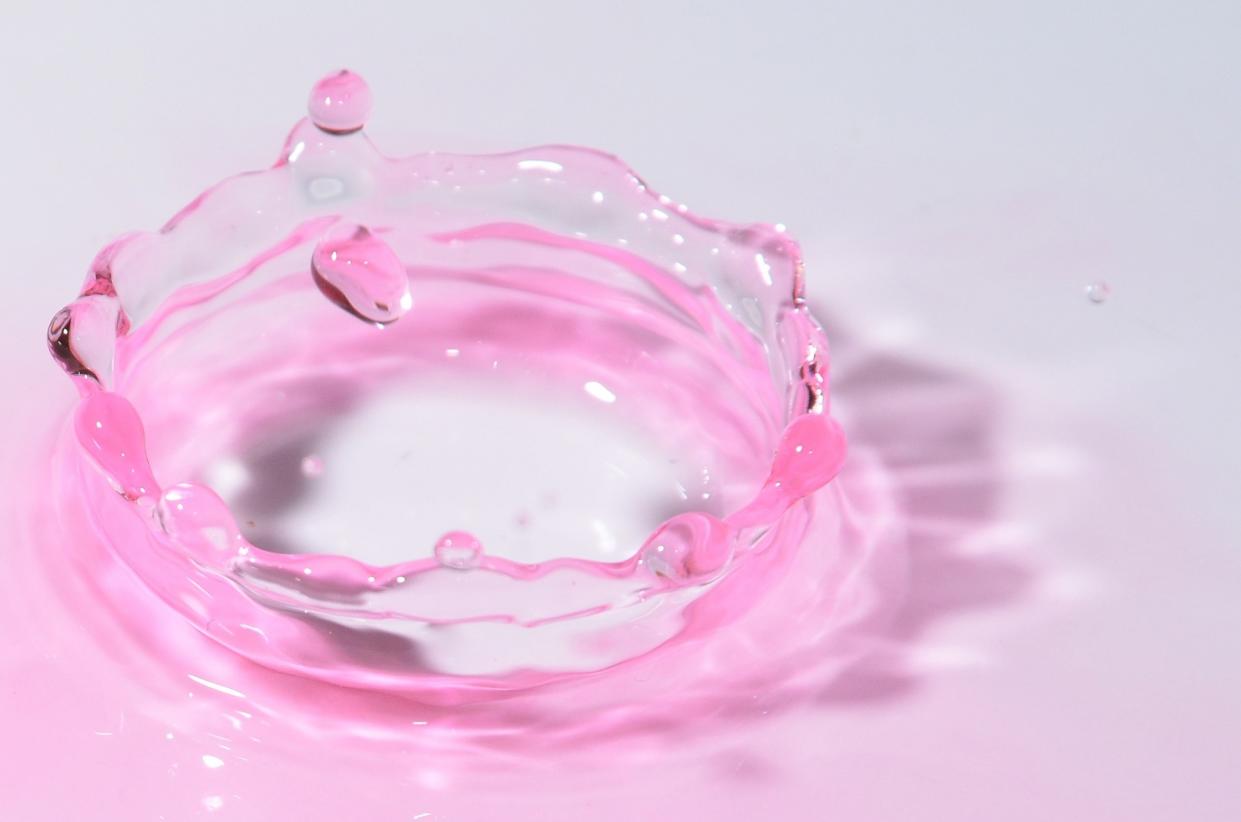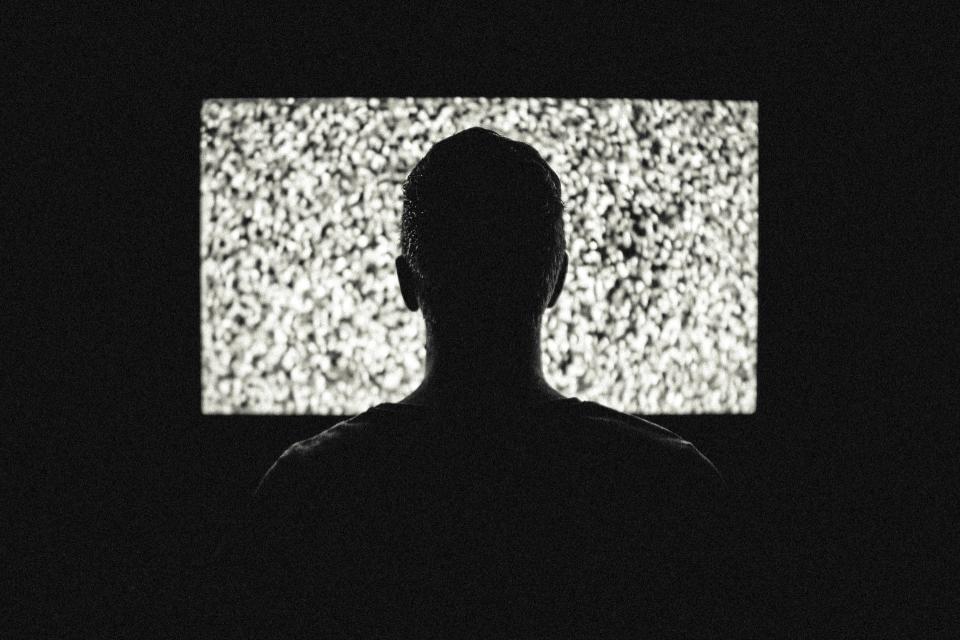What’s pink noise and can it make you sleep better?

Chances are you’re familiar with the sound of white noise, especially if you owned an analogue TV a few years ago.
Though hard to describe, it’s a noise containing many frequencies with equal intensities, so unlike a baby crying or the sound of drilling it’s a bland buzz that throws a bit of an audible blanket over every other sound.
So you might use it to cancel out background noise while working, or to help you get to sleep.
But recently, people have been talking about a different kind of noise – pink noise.

While white noise is equal energy per frequency, pink noise is equal energy per octave – though you don’t need to know the nitty gritty physics to listen to it and feel its benefits.
According to several scientific studies, it could improve both our sleep and our memories.
In March 2017, a small study published in Frontiers in Human Neuroscience had 13 adults ages 60 and older spend two nights in a sleep lab.
Each night, they took a memory test, went to sleep wearing headphones, and repeated the same memory test in the morning.
On one night, those adults were played short bursts of pink noise during deep sleep – what Dr. Phyllis Zee, professor of neurology at Northwestern University Feinberg School of Medicine, described to Time as a “fairly pleasant” noise that “kind of resembles a rush of water” – and on the other night, no noise was played.

Importantly, when pink noise was being played, it was spaced out to prevent the brain from getting used to and ignoring it, and made to be in sync with their brain waves.
The researchers found that in the morning, those that had listened to the pink noise performed three times better on memory tests than they had on the other night.
Similarly, a 2012 study of 50 participants at China’s Peking University found that steady pink noise has “significant effect on reducing brain wave complexity and inducing more stable sleep time to improve sleep quality of individuals”.
In it, 40 subjects took part in a nocturnal sleep experiment and 10 picked for a nap test – all were asked to sleep for two periods, one in which they were exposed to pink noise and the other quiet.

For both groups, those exposed to noise showed “significant enhancement” in their percentage of stable sleep time compared to the other group.
Older studies have also shown that young people’s memories could be boosted by the noise too. In a 2001 study at the Department of Mechanical and Aeronautics Engineering in the University of Patras, Greece, some students whose schools had a lot of background noise were played short loud bursts of pink noise.
The researchers found that their memories improved the higher the noise level – within a limit, of course.

So could pink noise be the answer to our tiredness and poor memory? Zee from that first study said that there need to be bigger and longer studies on the matter to prove that its long-term use actually has its benefits, rather than listening to it for just a short period.
But whether it turns out to be a golden bullet or not, listening to what is a fairly calming noise is unlikely to do any harm. So if you fancy listening to it yourself, several apps provide a stream of the sound, as do various YouTube videos.
At least it’ll cancel out the sound of that dripping tap.
Follow us on Instagram and Facebook for non-stop inspiration delivered fresh to your feed, every day. For Twitter updates, follow @YahooStyleUK.
Read more from Yahoo Style UK:


